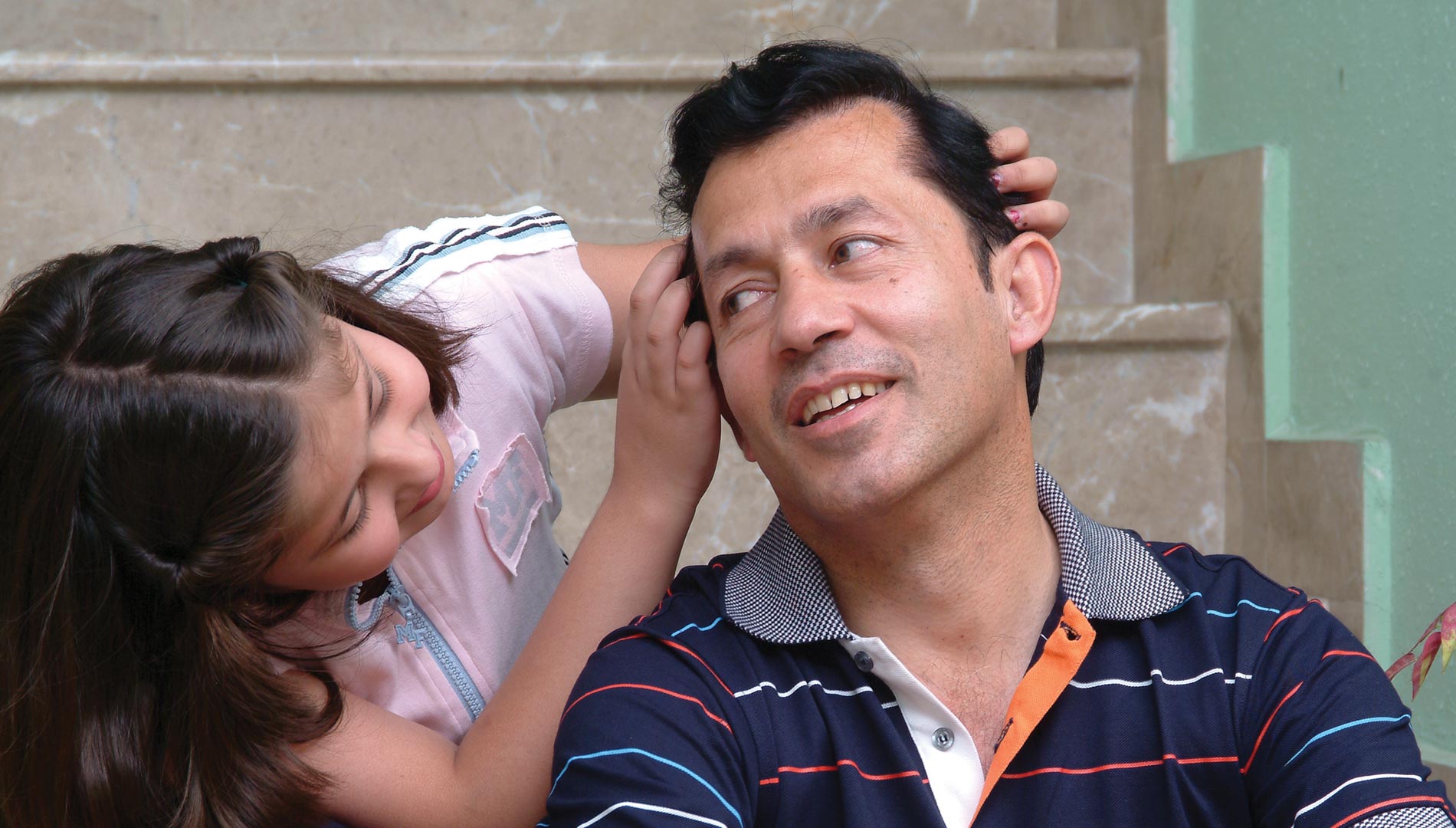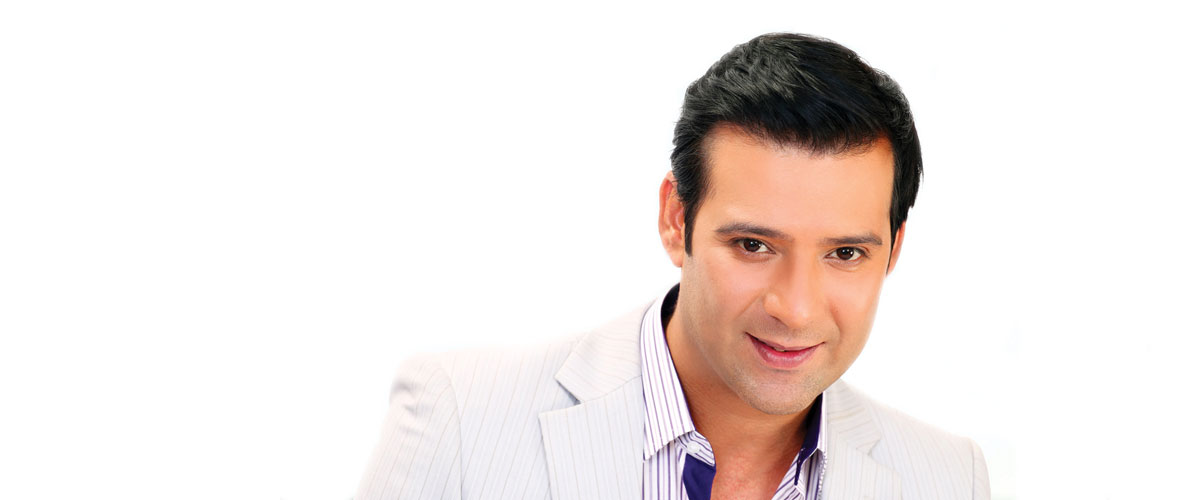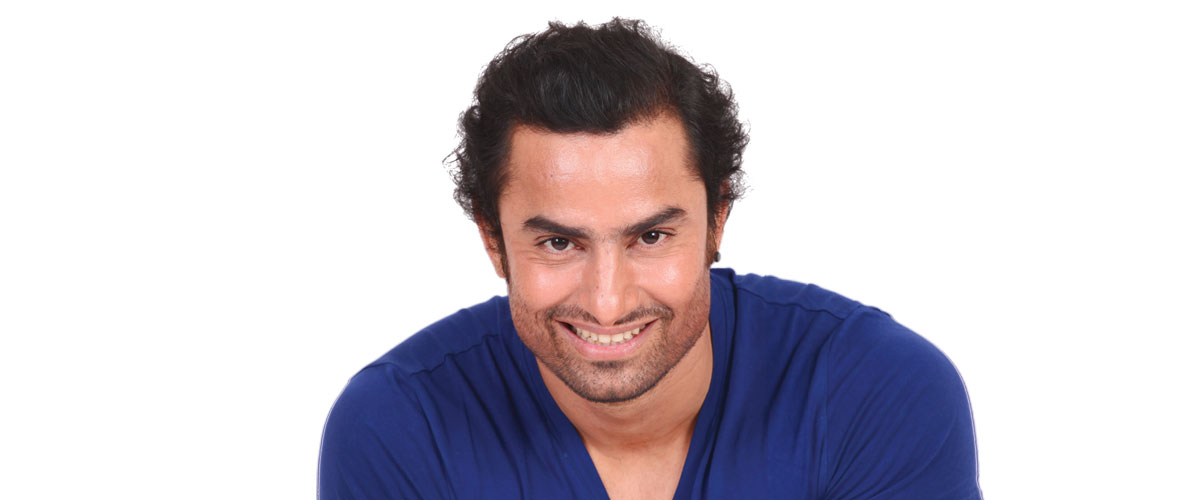The Most Important Questions to Ask Hair Transplant Surgeon before Hair Transplant Surgery
Hair loss is common in men who have attained 50 years of age. This can also occur in young people at their 20s or 30s. Planning for a hair transplant is a great step and one is recommended to research about the clinic and the doctor who is expected to do it. Ensure that you choose a clinic with a doctor experienced in doing hair transplants. Take advantage of the consultation to ask the doctor a number of questions such as their experience, photos which they have and the number of cases he or she has treated before. This is good to ensure that you get the results you desire to have.
The following are some of the questions which you can ask the hair transplant surgeon:
1. Am I young for the hair transplant?
There are several factors related to age which determine how suitable a hair transplant is. The surgeon has to consider the degree of hair loss as at the current and the hair loss pattern for the patient in the future. Instead of carrying out the hair transplant, some surgeons will choose to prevent a further loss of hair or preserve the hair for younger patients. The surgeon may also choose to monitor your hair loss pattern so as to determine the right time for the hair transplant to be done and the lost hair will be restored permanently.
2. How many hairs do I need?
Two factors determine this. One is the hair density which you need to have and the size of the surface that you need to be covered.
3. How much will the hair transplant cost me?
Patients are different and some may have to undergo more than one transplant. If more hair has to be transplanted, then a high cost will be incurred.
4. Any medications should I use in addition to the hair transplant?
In younger patients, medications such as Minoxidil or Finasteride are recommended so as to slow the hair loss rhythm and hold the available hair for longer.
5. Will I undergo any subsequent hair transplants?
If the hair fails to become stable, then you may be required to undergo a subsequent hair transplant. Consult your surgeon and ask them about the degree of your hair loss as they are able to know much about future hair loss patterns. In most cases, younger patients will need a subsequent hair transplant in the future.
One may also need to increase their hair density in the future, and this will need a hair transplant.
6. Will the hair look natural?
There are techniques that the surgeon should apply to the hair so as to ensure that it is left looking natural. Ask them whether they will do perfection on the hair transplant so as to achieve natural-looking results.
The FUE method is associated with grafting techniques in which each hair follicle is treated independently giving you a dense and natural-looking hair.
7. How long will the hair transplant take?
The surgeon should tell the amount of time that the procedure will take. This factor is usually determined by the number of hair which you need and the size of the area which is to be treated. In most cases, the procedure takes 6-8 hours.
8. When will the hair begin to grow?
Once the procedure has been completed, you will notice a difference. The outline of the new hair will be visible. Ask the surgeon the amount of time it will take for your hair to grow fully. In most cases, this takes approximately a year. However, you will see some progress each day since the hair will be growing.
9. Does the doctor do hair transplant surgery?
You should be sure that the doctor is qualified and experienced to do a hair transplant surgery. In some countries such as the US, the hair transplants have to be performed by a physician. Experienced hair transplant technicians should be available to assist the surgeon in case of a need. You can also ask the surgeon for photographs of some individuals he or she has performed hair transplant on so as to see how well they do it.
10. Does the clinic have travel technicians who can help during the procedure?
Hair transplant procedure should be done by a team of experienced professionals. There should be a good working relationship between the doctor and the technicians, and this will result into a more efficient and effective procedure. The use of travel technicians in some clinics usually results into problems during the hair transplant as the doctor will not be used to working with the technicians.
11. Does the doctor have professional qualification to perform the hair transplant?
A hair transplant can be done by any physician. A medical license is mandatory for a doctor to be qualified to perform a hair transplant. It is good for you to ask for this. The doctor should have confidence to call himself or herself “hair transplant surgeon”, with no kidding. If you feel like, just ask the doctor to provide you with his or her resume. You should also ask whether the doctor has earned any awards or certifications for exemplary work in hair transplant.
12. Does the doctor attend medical conferences and trainings on regular basis?
It is good to have a surgeon who keeps himself/herself updated on the new technologies in the hair transplant industry, which has come from far. It is always good for him or her to use the modern technique and tools when performing the hair transplant. Feel free to ask the doctor about the medical conferences and the trainings he or she has attended. If you hear the doctor mention European Society of Hair Restoration Surgery, International Society of Hair Restoration Surgery, or ISHRS Live Surgery Workshop, then this is an indication they are much engaged in this field other than just performing the hair transplant.





